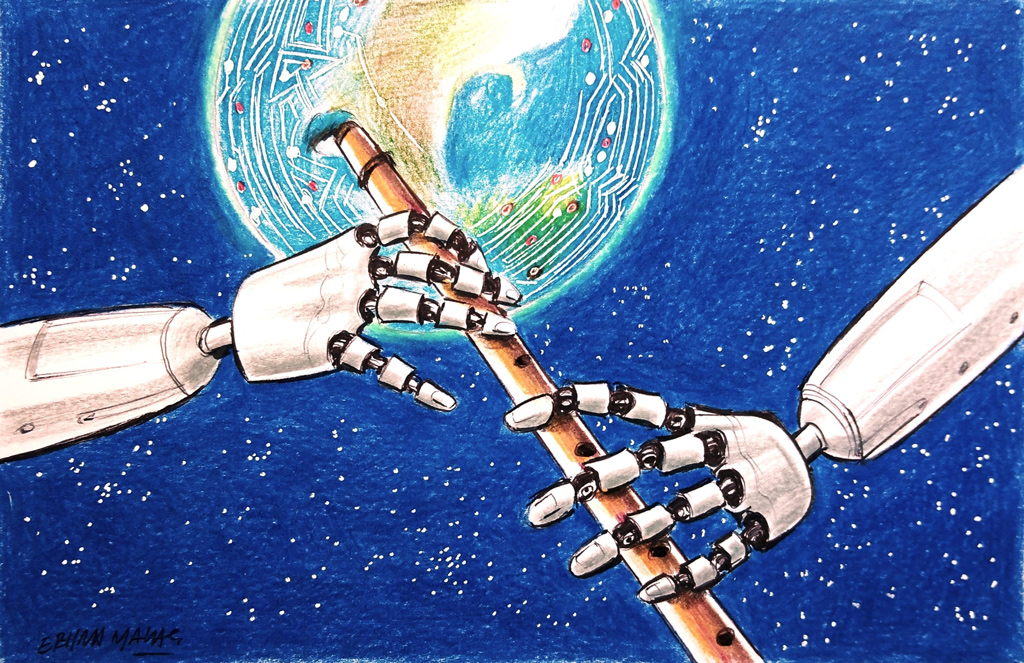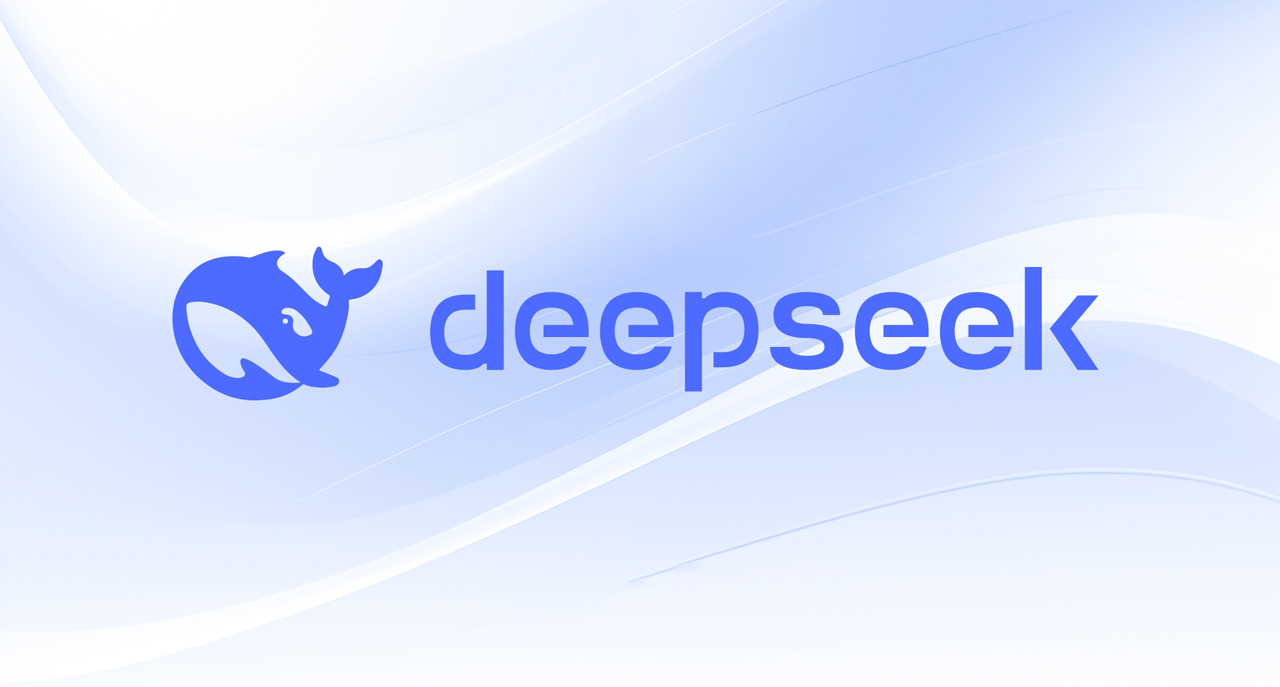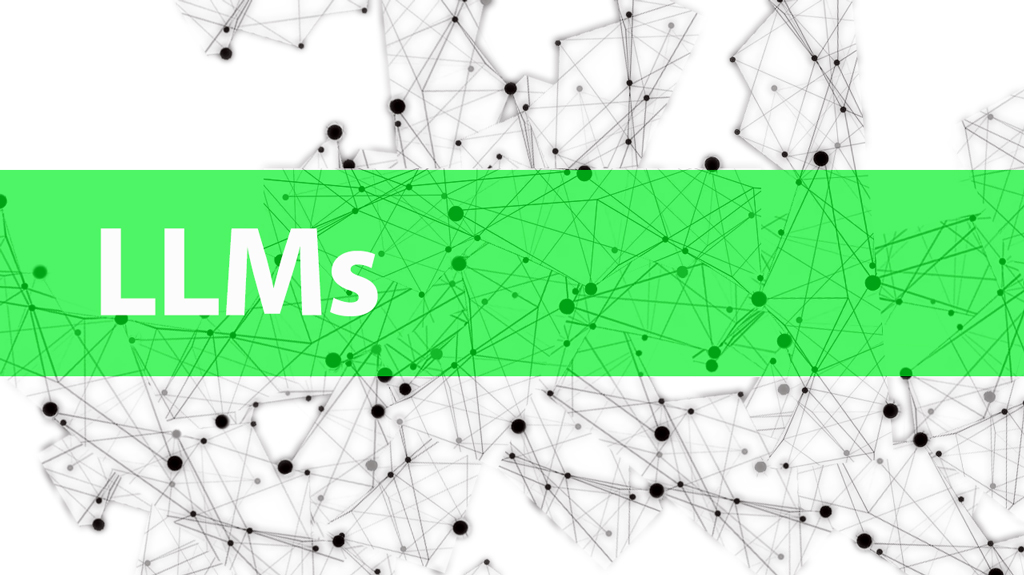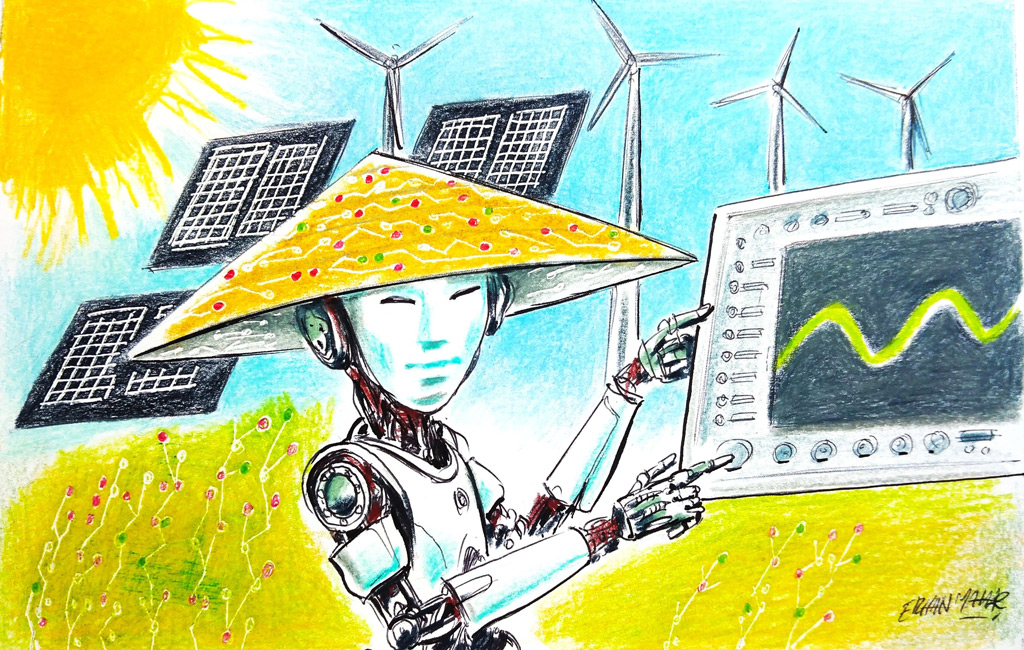U.S. President Donald Trump’s return to office has led to the swift enactment of executive orders and regulatory shifts. Key actions include the withdrawal from the Paris Climate Accord, the termination of birthright citizenship and initiatives to promote blockchain networks and dollar-backed stablecoins. These measures signal a broader effort to reshape United States policy across economic, technological and geopolitical domains.
During Joe Biden's administration, a set of regulations was introduced, such as imposing a 120-day suspension on the export of GPU chips, effectively classifying countries into a three-tiered system. These measures elicited reactions on the international stage. Concurrently, immediately following Trump’s return to office, a $500 billion investment plan, dubbed the “Stargate” project, aimed at strengthening the infrastructure of artificial intelligence (AI) endeavors in the U.S., was announced.
These developments underscore the increasingly prominent techno-polar world order within the international system. Strategic steps taken in the realm of AI and advanced technologies, particularly in the U.S., are reshaping global competition, while questions persist regarding how continental Europe will respond to this transformation.
Wake up, Europe!
In Europe, a growing critique calls for a strategic shift away from closely mirroring U.S. technology policies, with increasing momentum behind the demand for a distinct and independent technological trajectory. The sentiment of “Wake up, Europe!” is resonating across multiple platforms, highlighting concerns over the continent’s reliance on American technology giants. Within the European Union, digital sovereignty has emerged as a critical policy objective, prompting deliberations on frameworks designed to foster indigenous innovation, enhance regulatory autonomy and mitigate strategic vulnerabilities associated with dependence on external tech ecosystems. This discourse reflects a broader geopolitical recalibration in which Europe seeks to assert itself as a leading global actor in artificial intelligence, semiconductor manufacturing and digital infrastructure.
In this context, the World Economic Forum’s 2025 annual meeting in Davos holds significant importance for understanding the future of Europe’s technology strategy. European Commission President Ursula von der Leyen’s address provided crucial insights into the EU’s orientation in AI and advanced technologies, emphasizing Europe’s aim to establish an independent, ethical and competitive framework in its digital transformation process.
Von der Leyen's remarks on AI
In her Davos speech, von der Leyen articulated that AI will profoundly transform economies and societies, bringing both opportunities and challenges. She advocated for the promotion of technological innovation and economic growth while simultaneously underscoring the importance of upholding ethical standards, strengthening democratic values and adopting a human-centric approach.
To achieve these objectives, she called for the creation of a comprehensive AI regulatory framework based on international cooperation. Von der Leyen emphasized that this framework should aim to prevent a “global race to the bottom,” where countries might compromise ethical standards to gain a competitive edge in technological advancements. Instead, she advocated for collective efforts to establish norms and standards that promote transparency, accountability and human-centric AI applications.
Furthermore, von der Leyen expressed the EU’s determination to assume a leading role in the responsible use of AI, stating that Europe’s future competitiveness hinges on its leadership position in this domain. In this regard, she highlighted a focus on strengthening the AI Act, defining high-risk applications, and effectively utilizing Europe’s quality data sources and supercomputing capabilities. Von der Leyen also drew attention to the importance of a vision that not only addresses ethical concerns but also aims to use technology in a manner that contributes to a positive future for humanity, considering the overall benefit to society. She indicated that Europe will strive to create a global environment of balance and equality by collaborating with other countries in this process. In this framework, it is evident that the European Commission has formulated a comprehensive road map encompassing both regulatory measures and strategic investments to maintain its leadership position in the field of AI.
Technological independence
Von der Leyen’s address at Davos 2025 should be examined, particularly in the context of Europe’s goals to strengthen its technological independence. While the EU aims to be a global norm-setter in AI regulations, it is also taking steps to safeguard its digital sovereignty. For instance, the Artificial Intelligence Act, approved by the European Parliament and Council in 2024, stands out as one of the most comprehensive regulatory frameworks, defining high-risk AI applications and considering ethical principles in this field. With this legislation, it is clear that the EU aims to enhance accountability in AI-based systems and strengthen data security.
At this juncture, Europe’s position in technology competition with the U.S. and China is also significant. The U.S. announcement of a $500 billion investment through the Stargate Project to bolster AI infrastructure creates a new area of competition for Europe. On the other hand, China’s investments focusing on big data analytics, machine learning and supercomputers under the “New Generation Artificial Intelligence Development Plan” are among the factors challenging the EU in the global technology race. In this context, von der Leyen’s speech not only aims to establish ethical and legal frameworks but also presents a strategic vision to solidify Europe’s position in the global technology race.
Moreover, the implicit emphasis in the speech on Europe’s goals to strengthen its digital infrastructure and supercomputing capacity is noteworthy. The EU is currently planning to gain a competitive advantage, particularly in quantum computing and data analytics, by increasing Europe’s supercomputing capacity through the EuroHPC Joint Undertaking. Additionally, von der Leyen’s highlighted objective of “effectively utilizing the EU’s quality data sources and supercomputing capabilities” should be interpreted as part of Europe’s efforts to achieve independence in strategic technologies.
Lastly, von der Leyen also mentioned the need to increase financial incentives for entrepreneurs and technology companies to support Europe’s digital innovation ecosystem. In this context, the European Commission’s expansion of funds allocated to AI research under the Digital Europe Program and Horizon Europe aims to enhance the global competitiveness of European technology initiatives. Building upon this, Europe’s strategy to strengthen technology transfer and AI-focused venture capital funds will be a determining factor in the EU’s position in the global market in the coming years.
Chinese AI models at top
In addition to these developments, China’s recent advancements in artificial intelligence, particularly through initiatives like DeepSeek and Qwen, have significant implications for the global technology landscape. DeepSeek, a Chinese AI company, has garnered attention with its R1 model, which rivals leading U.S. models such as OpenAI’s but was achieved with a fraction of the budget. This development has been referred to as China’s “AI Sputnik moment,” highlighting its disruptive potential in the industry. Furthermore, Alibaba’s release of the Qwen 2.5-Max model, which it claims surpasses DeepSeek’s V3 and outperforms America’s top models, underscores China’s rapid progress in AI development.
These advancements not only challenge Western technological dominance but also raise concerns regarding data privacy and the potential for misuse in disinformation campaigns. The emergence of these Chinese AI models has also led to significant economic impacts, including a downturn in global technology markets and a reevaluation of the vast investments in AI infrastructure by U.S. companies. This situation underscores the intensifying AI race between the U.S. and China, with profound implications for the future of technological leadership and international relations.
In conclusion, the rapid advancements in AI by Chinese companies such as DeepSeek and Alibaba’s Qwen highlight the shifting dynamics in global technological leadership. These developments not only challenge existing power structures but also underscore the need for international cooperation and ethical considerations in the deployment of AI technologies.









